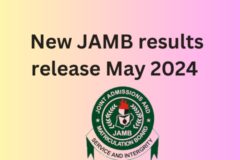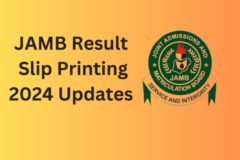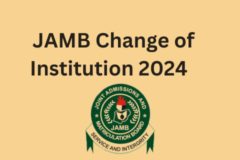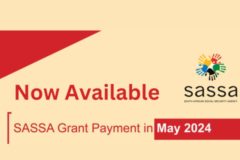
The National Student Financial Aid Scheme (NSFAS) plays a pivotal role in providing financial assistance to students in South Africa. As education is a critical driver of socioeconomic development, the NSFAS application process aims to ensure that deserving students have access to tertiary education. This article delves into the latest NSFAS application process, highlighting key features and changes introduced to streamline the application experience for students across the country.
1. Background on NSFAS application
The NSFAS is a government-funded initiative established in 1999, aiming to enable students from low-income households to pursue higher education. Initially, the application process was manual and paper-based, causing delays and inefficiencies. In recent years, National Student Financial Aid Scheme has made significant strides in digitising and modernising the application process to enhance accessibility and efficiency.
2. NSFAS application online portal
The latest NSFAS application process embraces digital technology through an online application portal. Prospective students can access the portal via the official NSFAS website. The user-friendly interface guides applicants through the application steps, making the process more intuitive and accessible. To commence the application, individuals must register an account using their personal details, contact information, and identification documents.
3. Application requirements
To be eligible for NSFAS funding, applicants must meet specific criteria. These criteria include being a South African citizen, having a combined annual household income below a certain threshold, and being accepted or enrolled in a public university or TVET college in an approved program. Furthermore, applicants must provide supporting documents such as their identification documents, proof of income, and academic transcripts or acceptance letters.
4. Application cycle and deadlines
NSFAS has implemented specific application cycles and deadlines to ensure fairness and efficiency in the selection process. The application cycle typically opens several months before the start of the academic year, giving students ample time to prepare and submit their applications. It is crucial for applicants to adhere to the provided deadlines to avoid missing out on financial aid opportunities.
5. Application evaluation and funding determination
Once the application cycle concludes, NSFAS reviews and evaluates each application based on predetermined criteria. The assessment considers factors such as household income, academic performance, and the number of dependents in the household. After a thorough evaluation, NSFAS determines the funding amounts for eligible applicants. Successful candidates are notified of their funding status via email or SMS.
6. Appeals and student support
In instances where an application is unsuccessful or a student feels they were unjustly denied funding, NSFAS provides an appeals process. Applicants can submit an appeal, accompanied by supporting documentation, within a specified timeframe. Additionally, NSFAS offers student support services to guide and assist applicants throughout the application process. These services are available via the official NSFAS website, helpline, or through regional offices.
Ensure you constantly check your application status when you’re done applying.
Final thoughts on NSFAS application
The latest NSFAS application process in South Africa has undergone significant improvements to enhance accessibility, efficiency, and transparency. The digitisation of the application process, the establishment of an online portal, and the clear criteria and deadlines have simplified the application experience for students across the country. These efforts contribute to ensuring that deserving students have access to financial aid, paving the way for a brighter future through higher education.




















